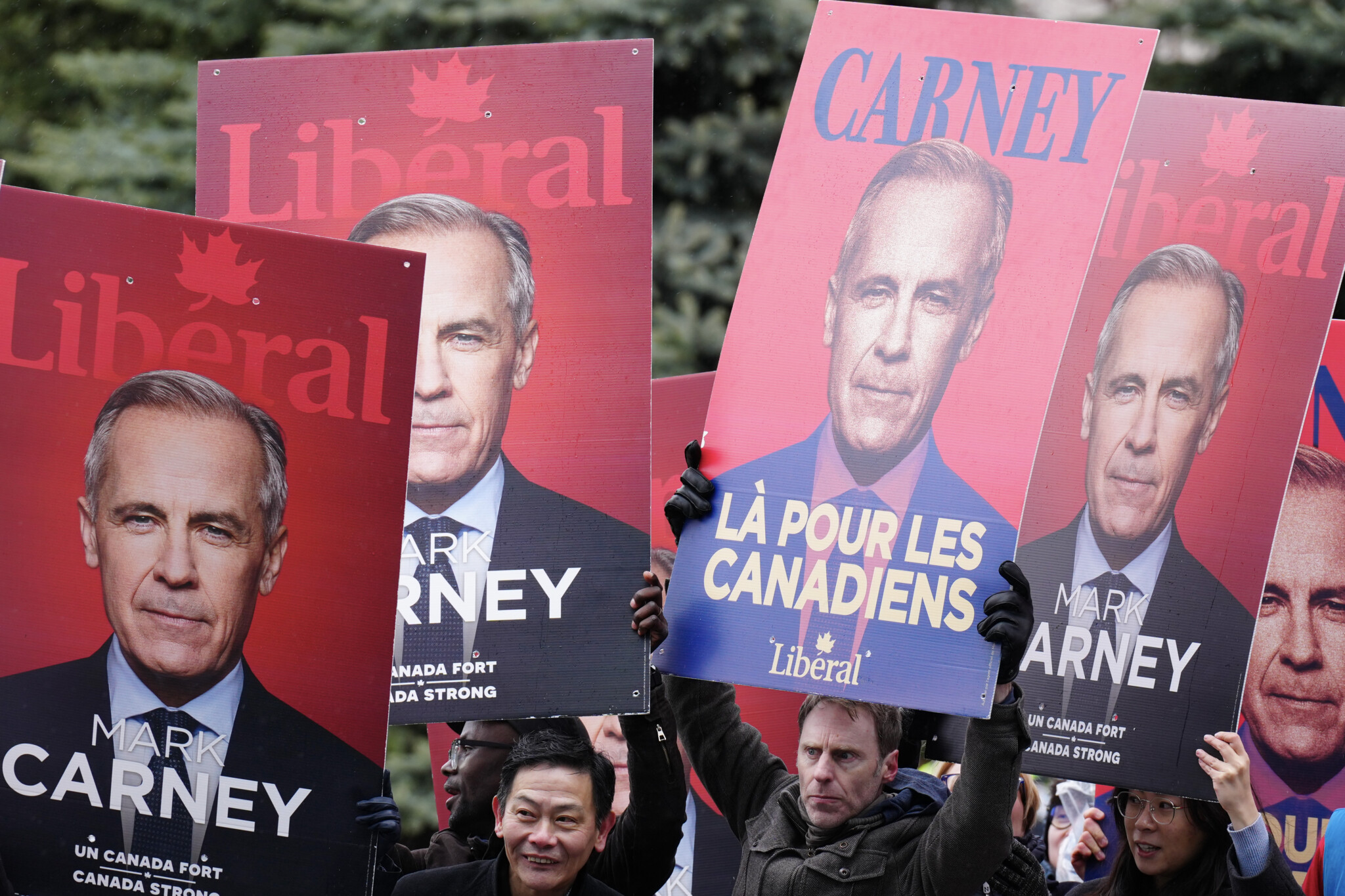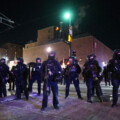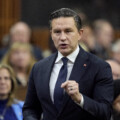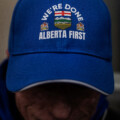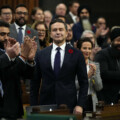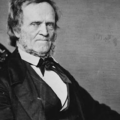“Politics” is one of those words like “irony” or “pornography” that everyone knows and people can rarely define clearly. When you tell people you studied political science, they mostly nod their heads and ask for your opinion on the latest headline.
“Canadian politics” is a particularly vague concept, for the simple reason that Canadians have traditionally tended to shy away from the ideological or class-based conflicts that is the stuff of political life. Foreign threats are few, the expansive welfare state is broadly accepted, and there is less appetite for waging culture wars in the courts or the voting booths. Thus, outside of the longstanding question of Francophone independence, the stakes have been historically low for some time now. In sum, people are not used to thinking politically about Canada and have generally been happy with this arrangement.
The comprehensive mismanagement of Canada’s affairs over the past decade, however, has largely put paid to that older understanding, by which it was assumed that certain guardrails of competence and ideological moderation would keep policies in line, regardless of which party controlled the government. What is interesting about the present election is that there appears to be a general recognition that real stakes are involved to an uncustomary degree—even among the perennially obtuse Boomer demographic. Indeed, so unavoidable is this reality that it has lately emerged that the current government recently circulated an internal report with dire predictions of the country’s future in light of present policies.
This election has thus become a kind of meta-referendum on the traditional idea of liberal Canadian governance. And more broadly on the continued legitimacy of the Laurentian elite that has steered it for so long. Their project has been one of eschewing chaotic American dynamism for the stability of Canadian egalitarianism, of making peace, order, and good governance its guiding light and longstanding ethos. This is a promise that has, of late, gone unfulfilled, leaving an unsettled country confronted by crisis and with neither the capability to respond with strength nor the mettle to muddle through.
Meanwhile, this government cannot for political reasons acknowledge its problems publicly, even as its misgovernance has produced deep fissures in the country’s political establishment, undermining that same establishment’s traditional claim to rule the country. This tension has resulted in a deeply surreal campaign period.
For, while we conventionally understand the two dominant parties as Liberal and Conservative, each presently represents something like the opposite of its name. Having been in power for as long as it has, the Liberal Party is compelled to downplay the magnitude of its failures and insist on the continuation of the status quo.
Indeed, the liberal party is de facto conservative in two ways. First it is committed to its own self-preservation—such as proroguing Parliament during a national crisis to settle its internal leadership contest, and cavalierly jettisoning most of its longstanding platform now that it’s proven so unpopular. But it is also conservative in that it is wedded to the insistence that little about the country needs to change.
Now, this is not really a tenable position in light of Canada’s growing problems—across housing, health care, crime and public safety, and general prosperity—not to say the dismal outlook envisioned by the government itself. So, in lieu of announcing radical changes to the Trudeau-era policies, the Liberal Party has positioned Mark Carney as a technocratic leader who will somehow oversee those policies in more effective ways. Hence, the reason Carney’s supporters have emphasized his formally impressive CV. But politics is not LinkedIn.
This is where Donald Trump and the supposed threat America poses more broadly to the Canadian way of life have proven useful, and Carney has organized his rhetoric around it (rather less admirably, the Liberal Party has sought to link his domestic opponents with Trump in the eyes of voters at home). The overall effect is to turn the election into another front of a largely American culture war. That this culture war is not really applicable to Canada’s social and political disputes is a feature rather than a bug, as it provides an excuse for deferring any serious audit of the mistakes of the past decade (not to mention for a new round of deficit spending).
Conversely, the Conservatives, who are by now longstanding critics of the country’s governance, are in the ironic position of running on a platform of change. All of this puts Pierre Poilievre at a certain disadvantage, as his message is predicated on calling attention to the failures of governance over the past decade. This is easily interpreted as unpatriotic by those same Canadians with the help of a pliant media—a dynamic that has lately been intensified by the tariffs and Trump’s “51st state” rhetoric.
Of course, many Canadians simply don’t care about these labels and are sufficiently dissatisfied with the country’s direction that they would likely support anyone who appears attuned to their concerns. When buying a house of one’s own seems as out of reach as Alpha Centauri, the question of whether the CPC is conservative in a Burkean sense or the LPC liberal in a Lockean one is really neither here nor there.
But for others, the cognitive dissonance produced by this election has resulted in something like denial. There is a widespread insistence that the material decline in living standards across the country is a media invention, coupled with a redoubled loyalty to the country’s political establishment that is responsible for that decline. What they are, in a sense, voting for is the idea of that establishment (and, for that matter, the country itself) as it once existed. And here it is worth thinking about what is actually at stake in the election beneath much of the oxymoronic rhetoric.
It is a common cliche to declare that democracy is on the ballot. But in one sense, this is true—indeed, it is always true. Elections affirm the basic authority of the people to legitimize their rulers, which is another way of saying that elections affirm the continued willingness of a people to govern themselves. Now, the reality is that self-governance is always a bit of a fig leaf. The average citizen is not really engaged in the practices of governing any more than I am engaged in managing the Blue Jays, but is rather occupied with largely private matters. The trade-off is that by effectively outsourcing the dreary business of running the country, that same citizen can focus on generating greater personal wealth, to both his own and the larger country’s benefit.
But this deal is predicated upon a basic level of trust that one’s leaders can effectively manage the country’s public affairs. Their failure to do so should, in principle, trigger a changing of the political guard. This is really the greatest leverage the people have, but it depends upon their ability to recognize the real condition of their country, regardless of how transparent their leaders are prepared to be about it.
So, the fundamental question of this election is whether a sufficient quota of the electorate understands what time it is. And if not, how much later will it have to get?
